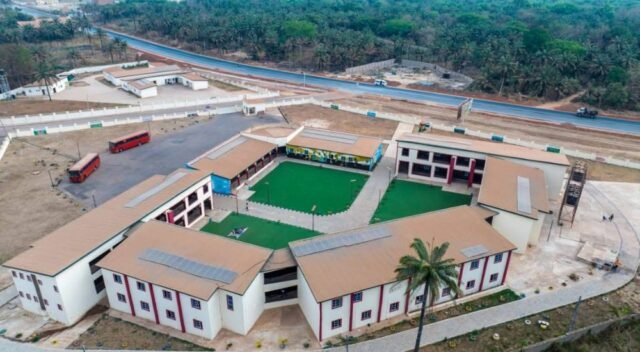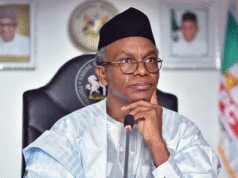Enugu State is stepping into a new era of education. Governor Peter Mbah has announced the launch of a revolutionary initiative to reposition the state’s schools through the creation of smart green schools. This ambitious programme, which began formally on Monday, signals a determined break from the past and a move towards a future where children are better prepared for the challenges of the 21st century.
The governor, in a live address to the people of Enugu, said it was no longer acceptable for children to be trapped in outdated systems of rote learning. Instead, he explained, pupils must be exposed to hands-on experiences, digital tools, and a nurturing environment that connects learning with real life. The project, he stressed, is not just about new buildings, but about transforming mindsets, opportunities, and ultimately the fortunes of the state.
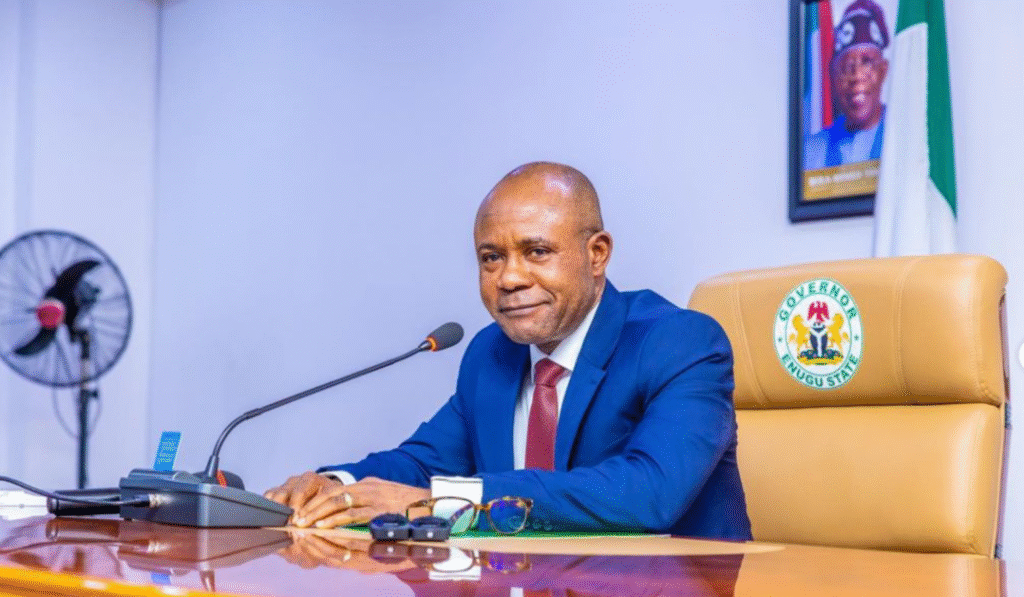
Table of Contents
Moving Beyond Rote Learning to Future-Ready Skills
For decades, Nigerian education has struggled with overcrowded classrooms, under-resourced facilities, and a rigid emphasis on memorisation. Mbah argued that this model has produced generations of students unable to compete in a global economy that values creativity, innovation, and problem-solving.
He framed Enugu’s smart green schools as the antidote. The governor pointed out that Africa is the youngest continent in the world, with more than 60 per cent of its population under 25 years. By 2050, projections show that one out of every three young people globally will be African. For Mbah, this demographic reality presents both a risk and an opportunity. If Africa fails to equip its youth with relevant skills, the continent risks falling further behind. But if education is reimagined, Africa’s youth could drive innovation and economic prosperity.
The governor drew from his own life to illustrate why this change matters. Growing up in Port Harcourt in modest circumstances, he recalled how education opened doors for him despite hardship. That personal journey, he said, shaped his conviction that no child should be denied the tools of success simply because of poverty. “Education is not a privilege for the few,” he declared, “it is a public right.”
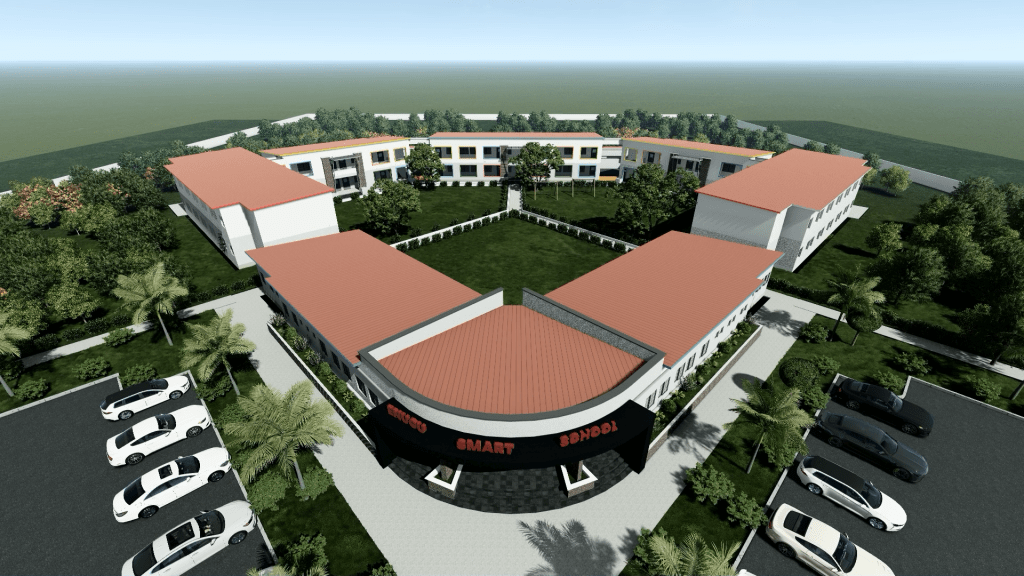
What Makes a Smart Green School Different
The new model is not a superficial facelift. According to Mbah, every one of the 260 schools spread across Enugu’s local government areas will be designed as a “complete ecosystem for learning.”
Smart learning will be at the heart of the schools: digital classrooms with internet access, AI and robotics labs, e-libraries, and ICT centres. Curriculum delivery will shift from mere memorisation to critical thinking and collaboration. Children will be trained to solve problems creatively, preparing them for careers that may not even exist yet.
The green dimension is equally central. Each school will run on renewable energy and include model farms where students will plant, tend, and harvest crops. Instead of reading about agriculture from a textbook, children will gain hands-on experience while also learning sustainability.
The schools will also address welfare gaps that often push children out of the classroom. Pupils will be provided free meals, uniforms, books, and tablets. Medical clinics will be built within the schools to safeguard children’s health. Teachers will live in housing units close to the schools, ensuring that professional educators are always available and deeply connected to the communities they serve.
By embedding these facilities, the government is aiming to dismantle the barriers that have long kept rural and low-income families from sending their children to school consistently.
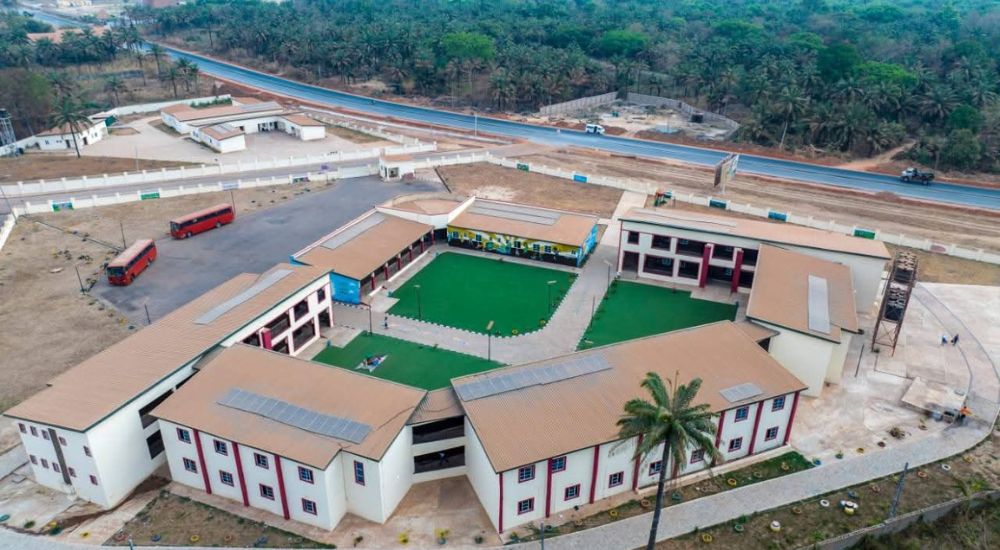
Building the Future, One Child at a Time
Governor Mbah described the programme as a covenant with the children of Enugu, one designed to nurture curiosity, creativity, and responsibility. He believes that societies rise or fall depending on how they invest in their young people. With these smart green schools, Enugu hopes to raise a generation that is technologically literate, morally grounded, and capable of shaping their environment for the better.
Beyond the immediate benefits, the initiative is also about securing peace and stability. Mbah argued that when children grow up in environments that teach collaboration, respect, and justice, they are less likely to resort to violence or intolerance later in life. Instead, they become innovators, entrepreneurs, and civic leaders who enrich the public sphere.
He reminded citizens that his administration’s mantra, “Tomorrow Is Here,” is not a political slogan but a daily commitment. The schools, he said, are evidence that Enugu is no longer waiting for others to dictate its destiny. Rather, the state is taking bold steps to build an education system that is relevant, inclusive, and globally competitive.
As the first smart green schools begin to take shape, residents of Enugu are watching with anticipation. Parents hope the initiative will give their children opportunities they never had. Teachers see a chance to finally practise their profession in a supportive environment. And the wider Nigerian public is asking if this could become a model for other states to emulate.
What is clear is that Enugu is no longer content with the status quo. With Mbah’s reforms, the state is attempting to redefine what education looks like in Nigeria—smart, green, inclusive, and transformative. Whether this bold vision succeeds will depend not only on government follow-through but also on the support of communities, educators, and families. But for now, one thing is undeniable: Mbah has repositioned education and begun the transition to smart green schools.
Join Our Social Media Channels:
WhatsApp: NaijaEyes
Facebook: NaijaEyes
Twitter: NaijaEyes
Instagram: NaijaEyes
TikTok: NaijaEyes
READ THE LATEST EDUCATION NEWS


